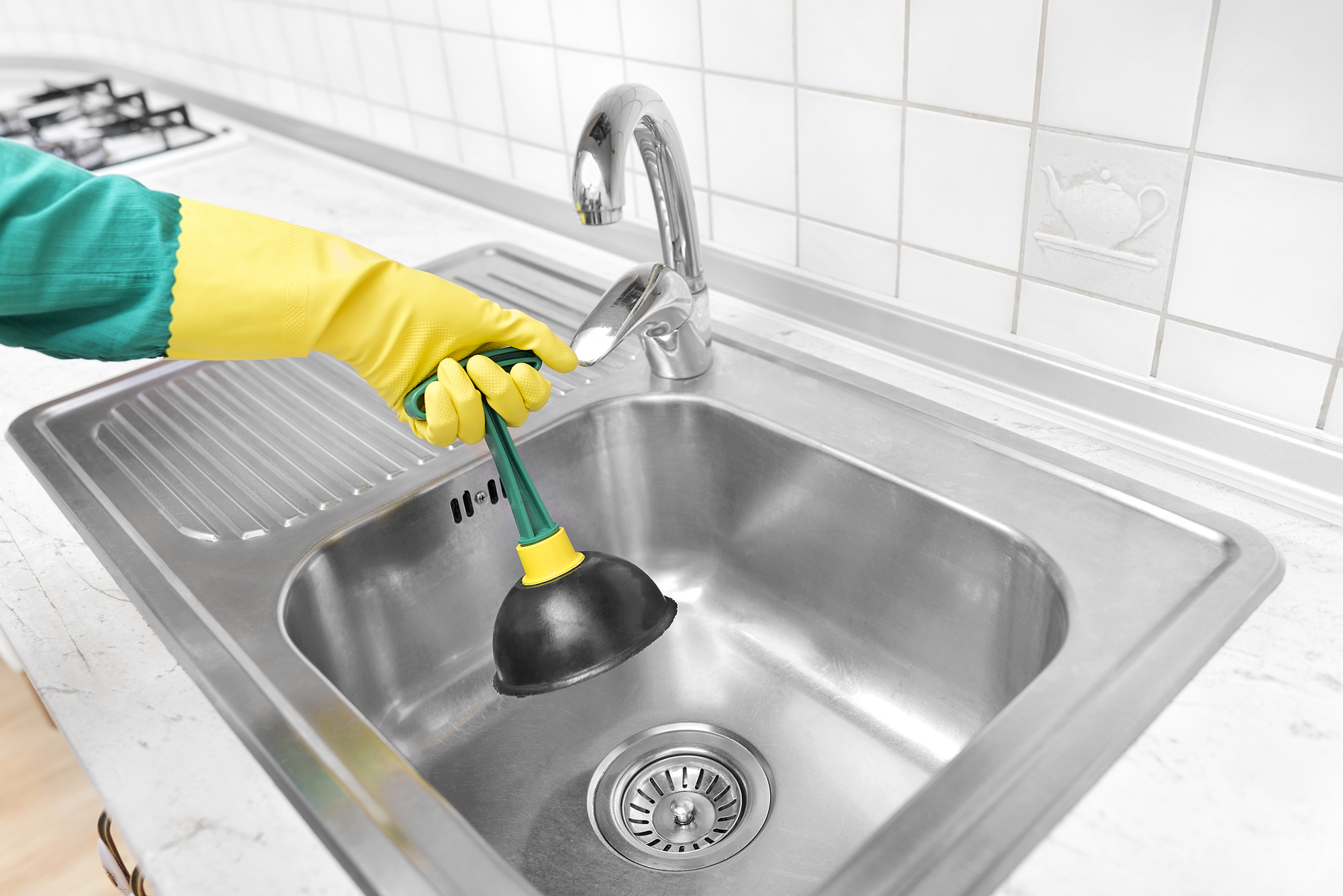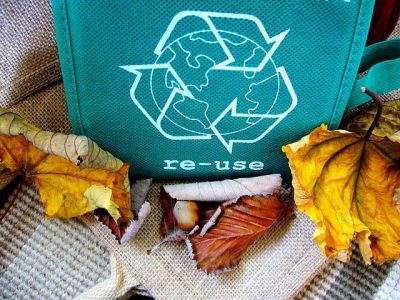Through a series of legislative changes, increasing civic activism, and plain old marketing, eco-business is changing the landscape of small businesses. Nearly every company, large and small, has some kind of product to cater to consumers interested in conservation and ethical consumption.
Whether you’re starting a small business or pivoting your existing business toward eco-friendly practices, it can be a pricey foundation for a business. Due to years of government subsidies and trade deals, the wasteful products and unethical services for businesses can be cheaper then ethical choices.
As the business community benefits from the continued existence of their consumer base, larger businesses, as well as the government, have created solutions. There are lots of loan and grant programs to help subsidize eco-business. Here are 7 programs you should look into.
1. Small Business Administration 7(a) Loan
The US Small Business Administration isn’t a direct lender of any sort, but they do work in the service of small businesses by managing interest rates. According to their regulations, they guarantee loans made to small businesses remain easy enough for them to pay back.
Loans can involve several types of expenses necessary for a new business. They can help businesses by giving out loans for energy-efficient appliances, insulation, and solar panels. They guarantee a high percentage, up to 85%, on loans that can go as high as $150,000 for small business expenses.
They will guarantee an additional 75% on amounts over $150,000, all to help small businesses get a foothold on starting their companies. See if your local bank or lender participates in this program. You could get all the funding you need through the help of this government program.
2. Business Energy Investment Tax Credit
If your business specializes in industrial, green energy, or the agricultural business, ITCs can help you by subsidizing operation costs. If you employ the use of solar, fuel cells, or windmills, you could qualify. Before you invest in these technologies, check out what the IRS sets for qualifying criteria.
Other systems, including microturbines, geothermal, or combined heat and power systems could get you an additional 10% credit. Green energy solutions could save the world while saving your business important startup costs.
There’s a form given out by the IRS to ensure you can get these credits if you qualify. See their website for more information.
3. Renewable Energy Production Tax Credit
If your system also produces energy, you could see a tax credit to subsidize the costs of that system. If you use wind or geothermal energy, keep an eye on how many kWh your system produces. Landfill gas systems are also up for this credit.
For eco-business companies receiving other credits, you may see a reduced amount of credits available. However, the credit will roll over for several years from the first time you put it into service.
Fill out the corm for General Business Credit with the IRS when you file your taxes. This should entitle your company to additional money when at the end of the year.
4. U.S. Treasury 1603 Program
This renewable energy grant is better than a tax credit, as you don’t have to put any of your own funding up at the start. If you are eligible for the above ITC and PTC, hold off filing for them until you see if you can get one of these grants.
This grant program could serve as more lucrative to your company than a tax credit. If your eco business can get your design plan looked over and approved by a licensed engineer, you could qualify. If you can also get them a breakdown of what your business will be spending, to the cent, on energy costs, you could end up getting this hefty grant.
5. Venture Capital or Angel Investor Funds
With the rise of eco-business, lots of companies and CEOs who’ve done well want to pass the success along. Angel investors who could see a positive return, as well as a social benefit from your company, will take note. If you can put together a plan showing that your project will have a positive environmental impact and yield a profit within the first year or two, you’ll turn heads.
There are venture capitalists around the country who could be interested in your type of eco-business. If you’re near silicon valley or the west coast, see how other successful eco-friendly companies have gotten funding. Perhaps the investor who helped them would see value in your company.
6. Friends and Family Financing
While it’s nice if you can get a grant that proves you’ve got the goods, there are only so many of those to go around. Plenty of great businesses have gotten their start from family or friends of friends who were interested in their work.
Word of mouth is still the greatest way to promote your business. You could guarantee your loan from people you know as “convertible debt”, meaning that that money will be turned into some sort of percentage or equity. While fundraising isn’t for everyone, it’s how businesses get started.
A little money can go a long way at the start of a business project. It could also prove to bigger banks and lenders that people have faith in your project and get them to sign off on a bigger loan.
This could be essential when you’re trying to apply to companies like SunWise Capital who provide loans to people with spotty credit history.
7. Working With Nonprofits
Not for profit companies who provide job training or employment opportunities are always looking for companies to partner with. If your eco-business provides some type of manufacturing work for entry-level workers, you could set yourself up for success.
If you’re an inventor who could use help putting your project together, you could get smart and talented workers for at a reduced cost. People who have disabilities, returning citizens, and socially disadvantaged people could also benefit from the leg up your job could provide.
Start Your Eco Business Off Right
If this is your first business, you don’t want to go deep into debt trying to do the right thing. The socially and environmentally conscious elements of your company should be a selling point, not a burden.
If you’re still thinking of the right path toward funding your eco business, contact us for more tips.










